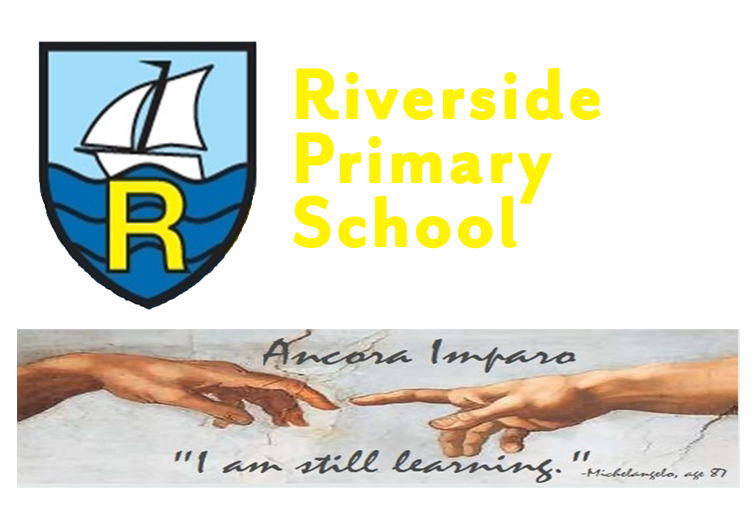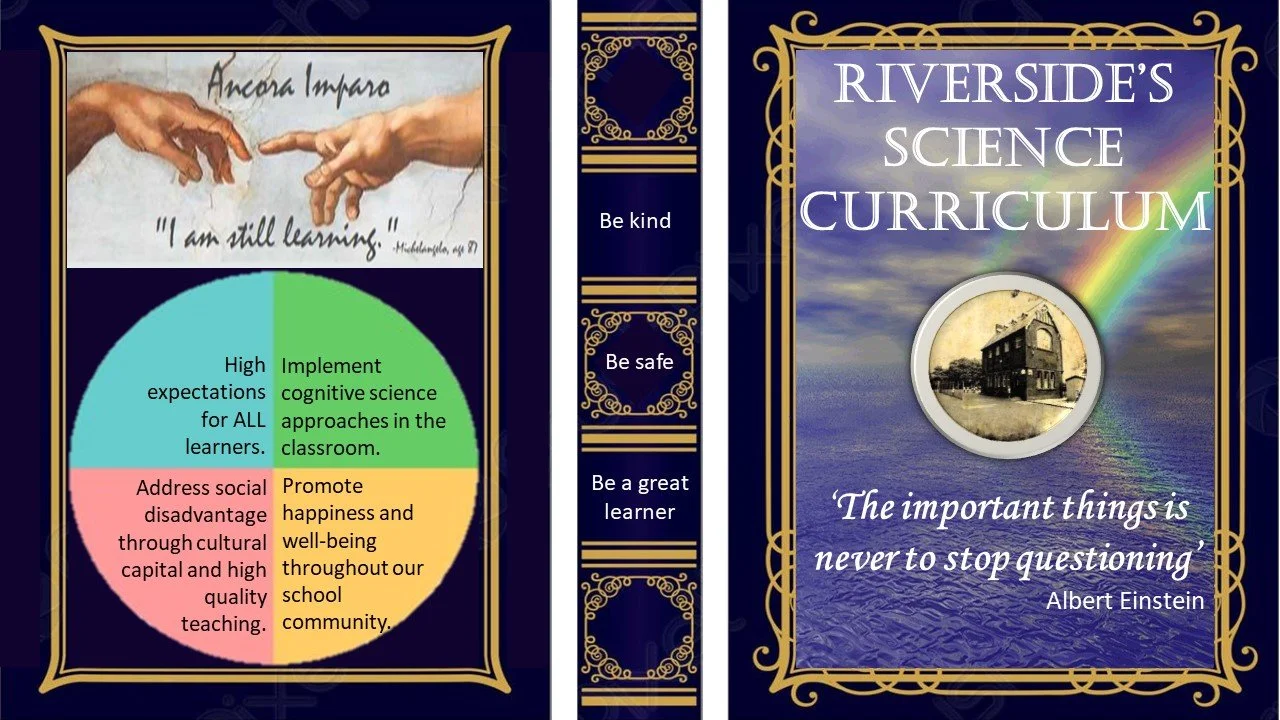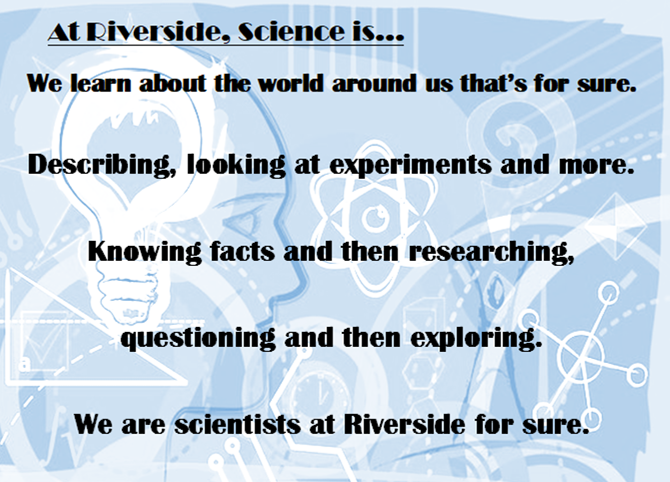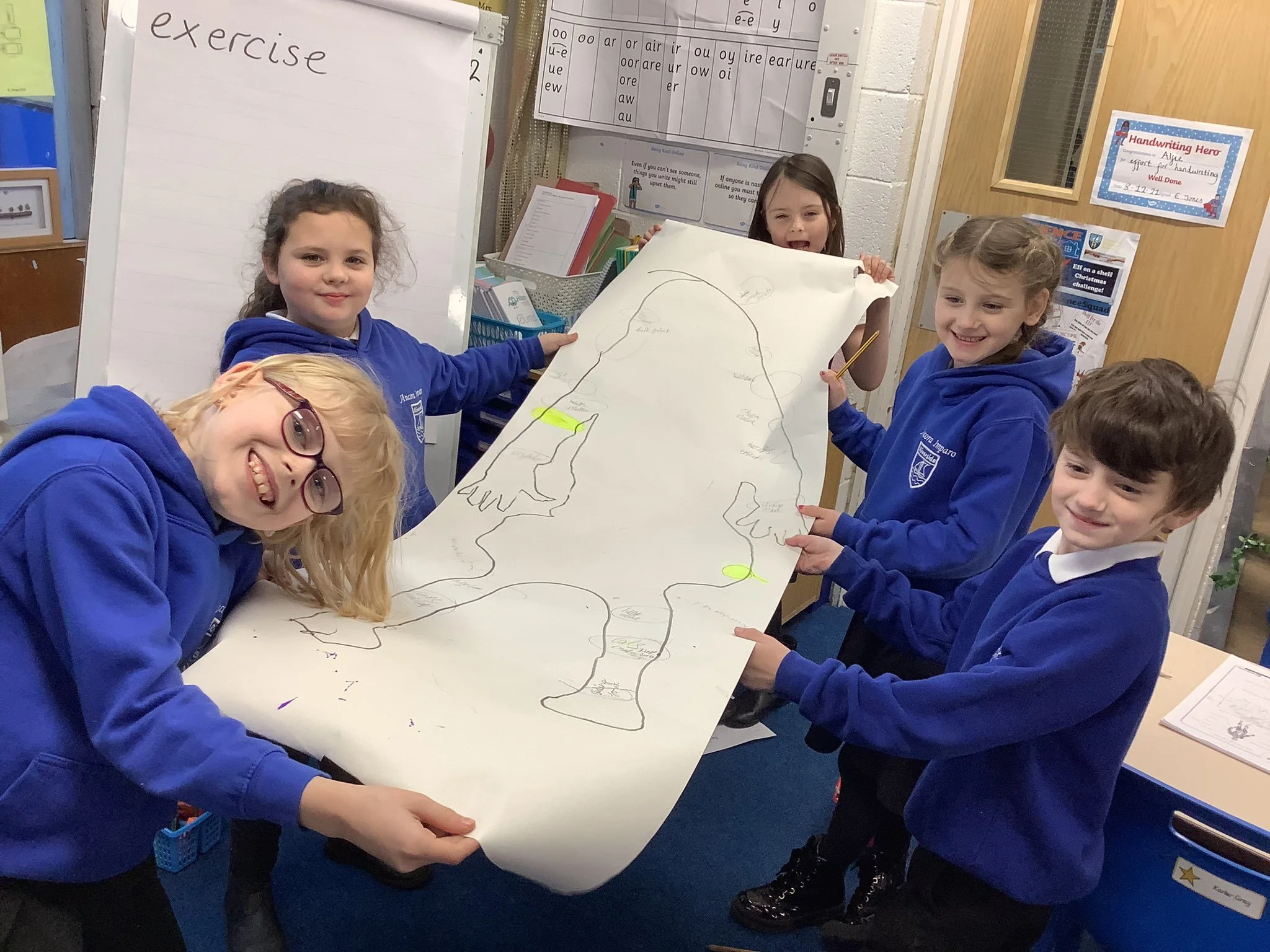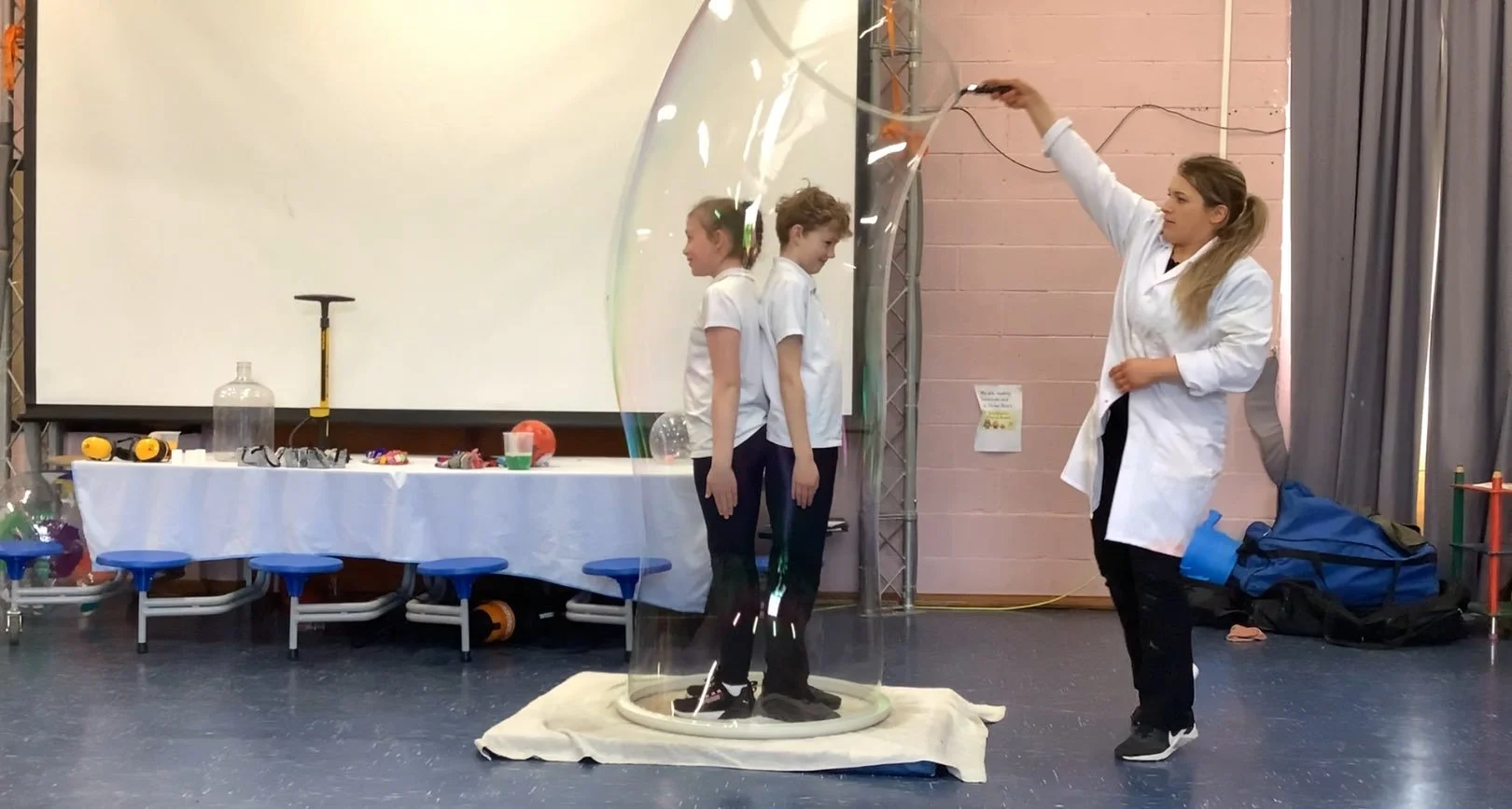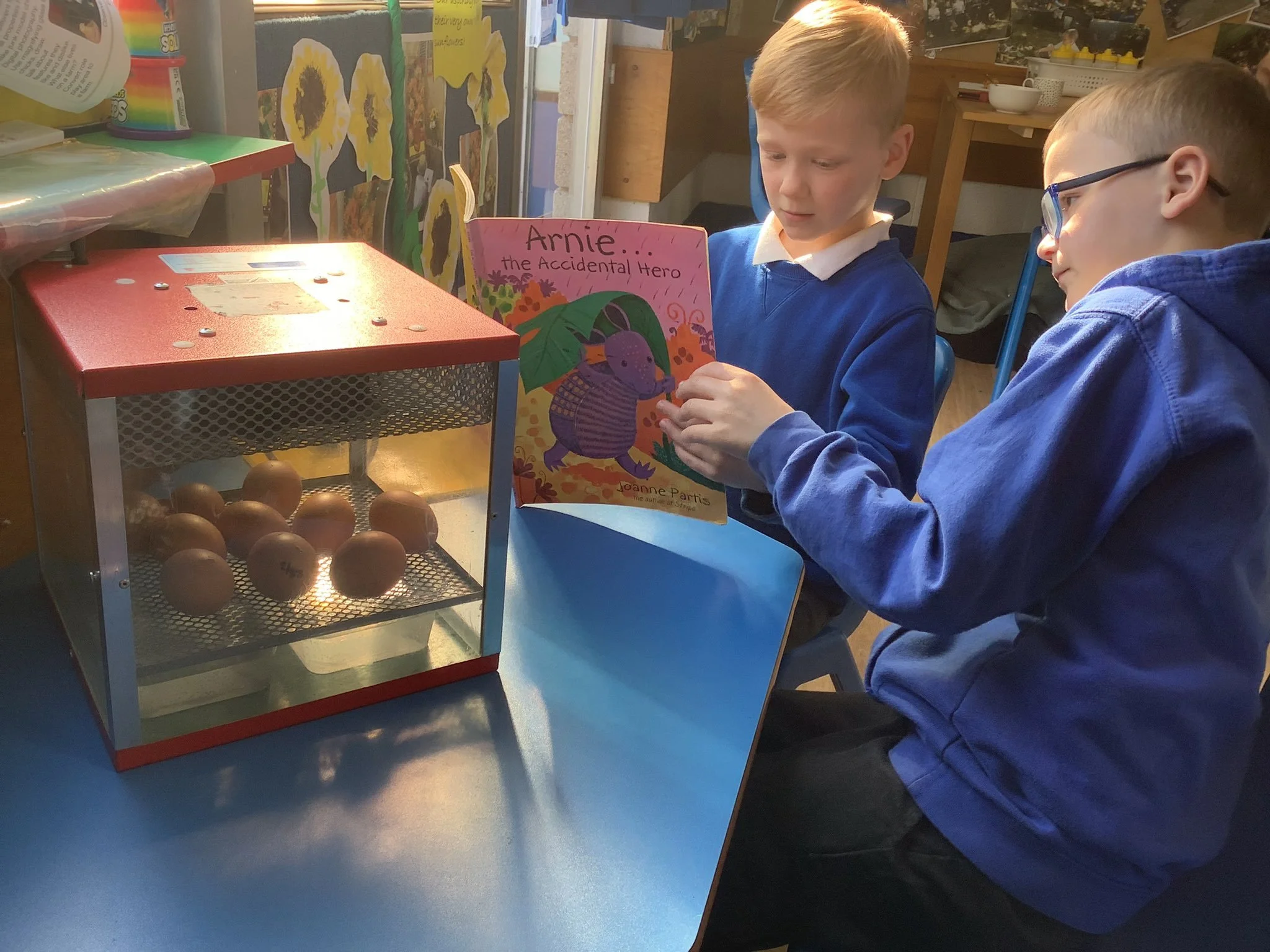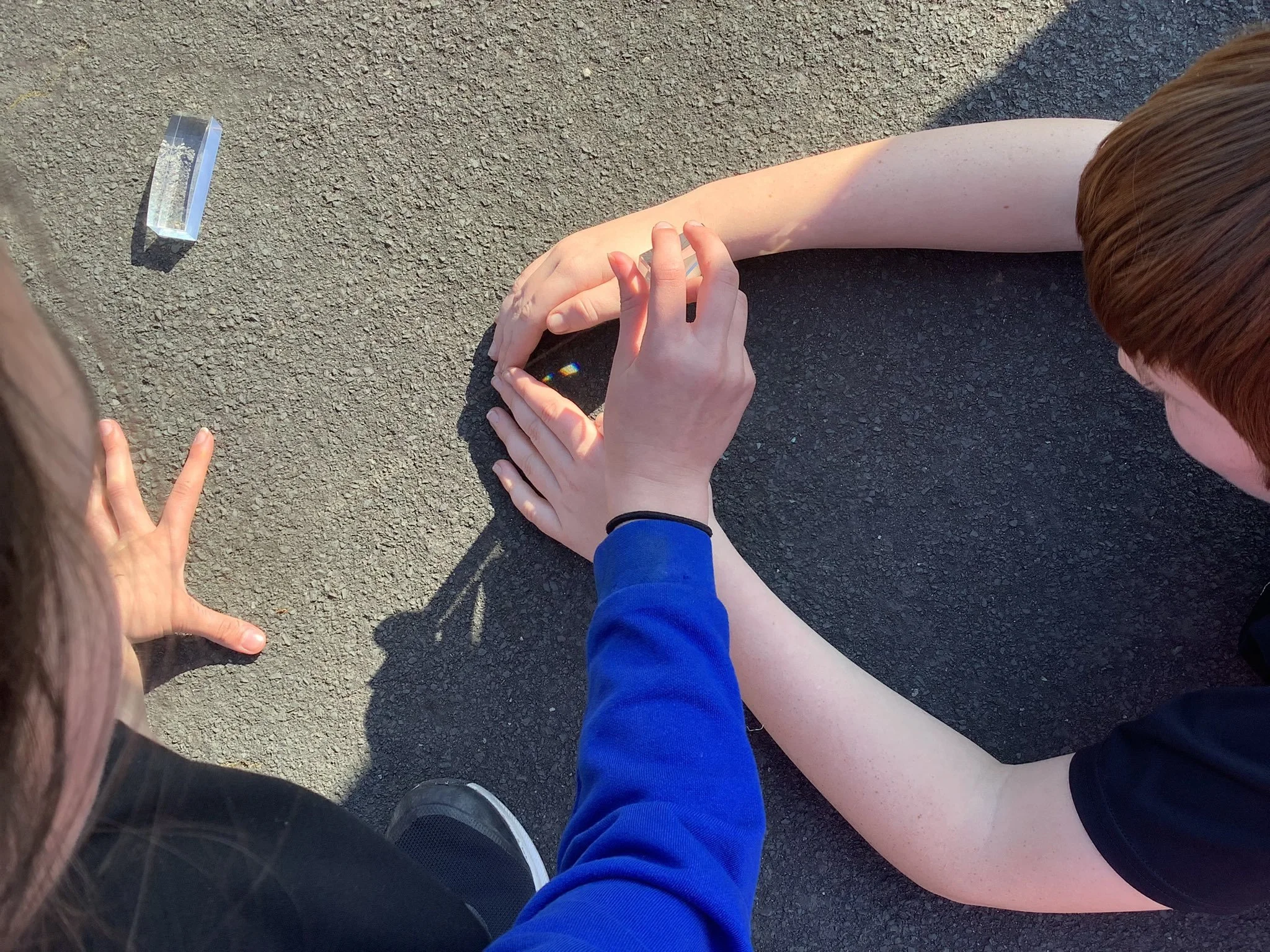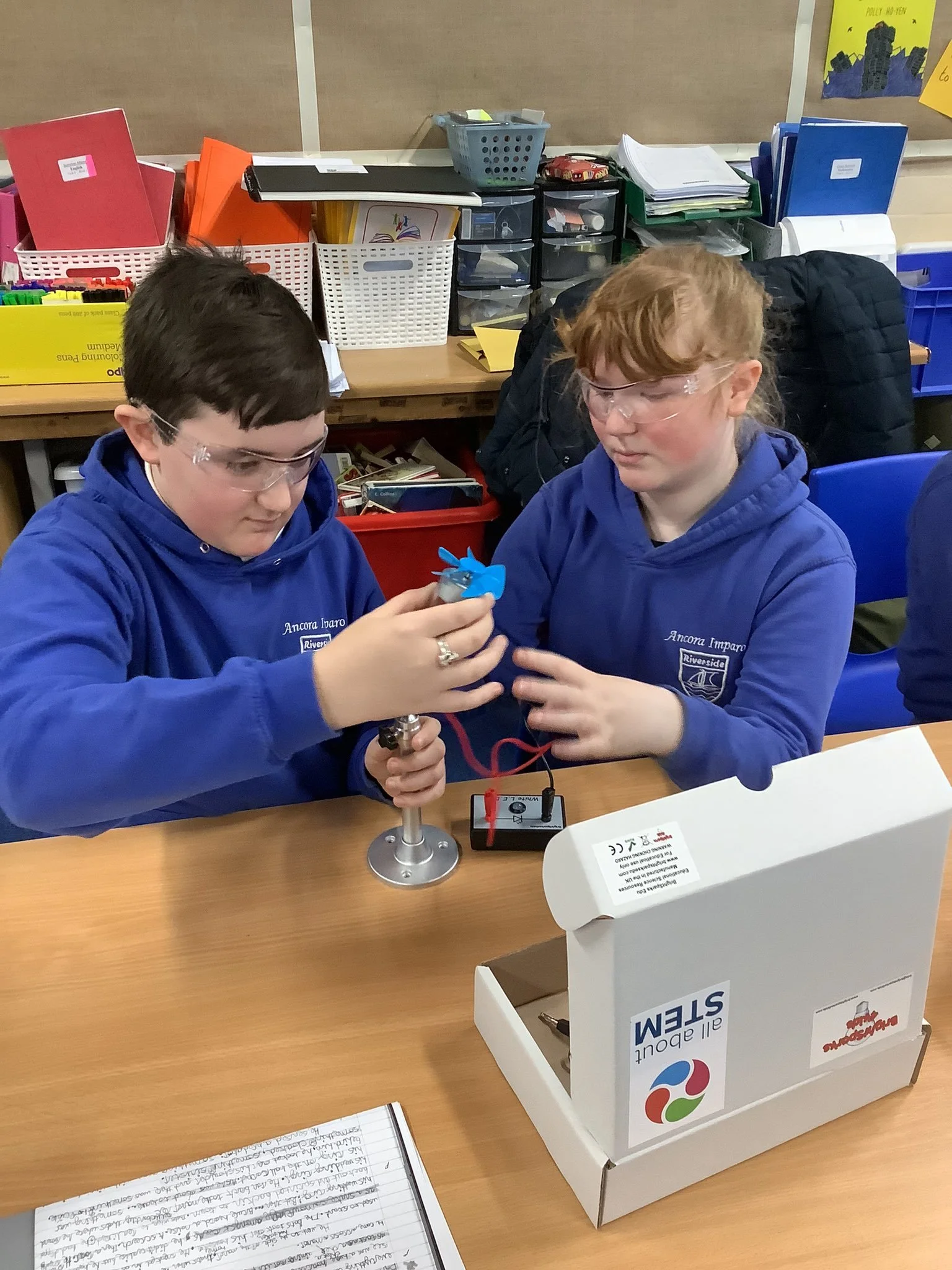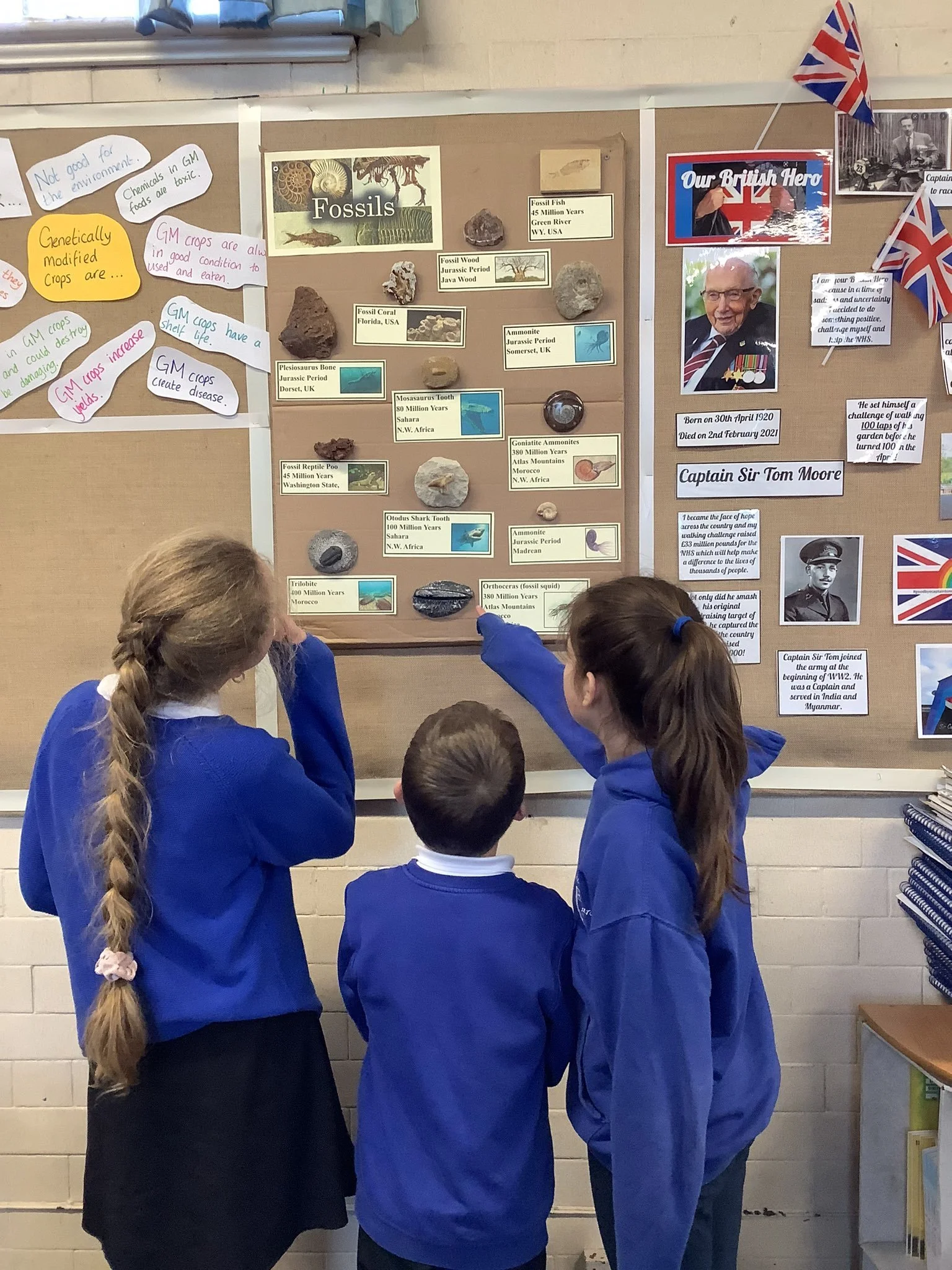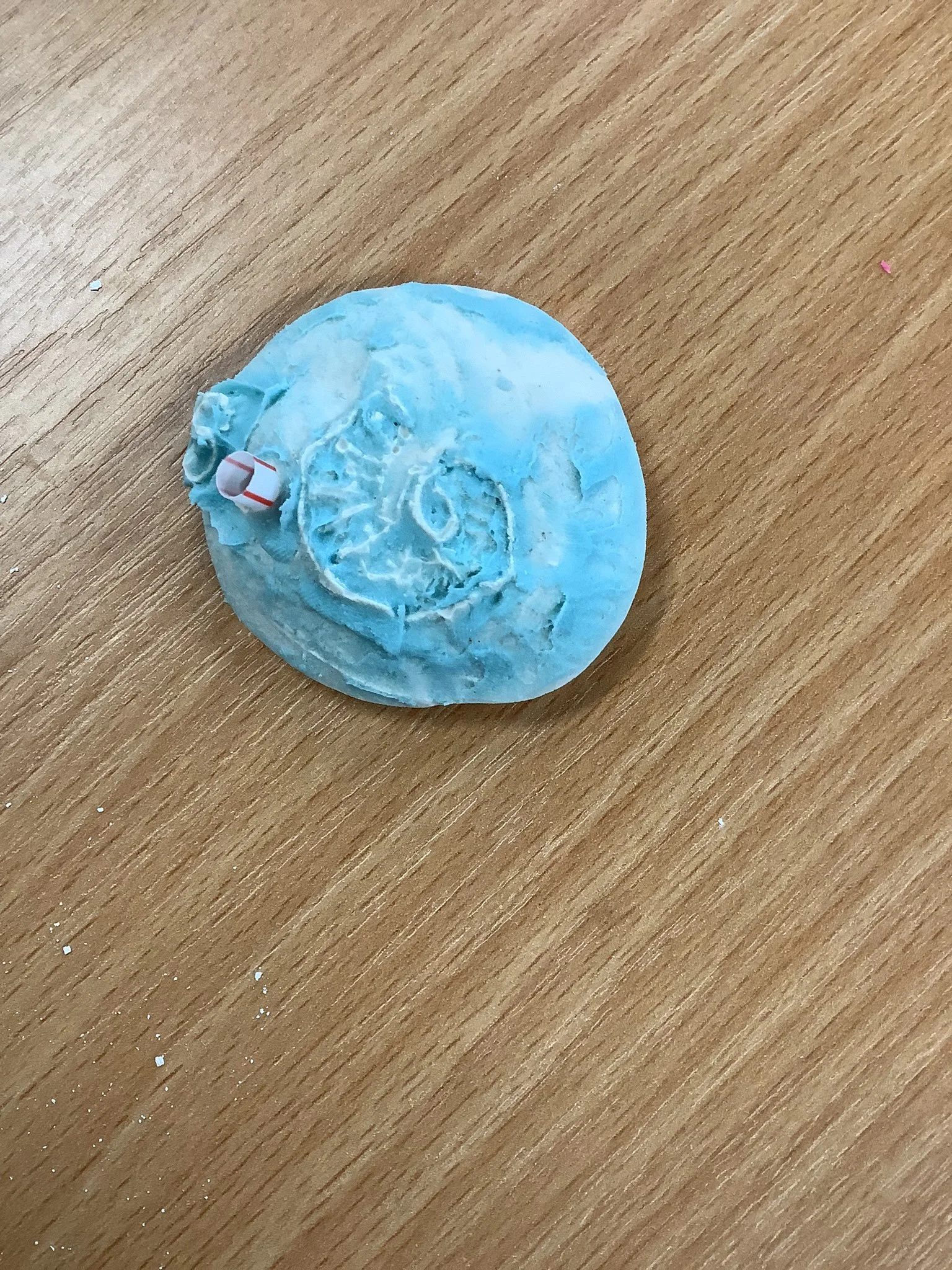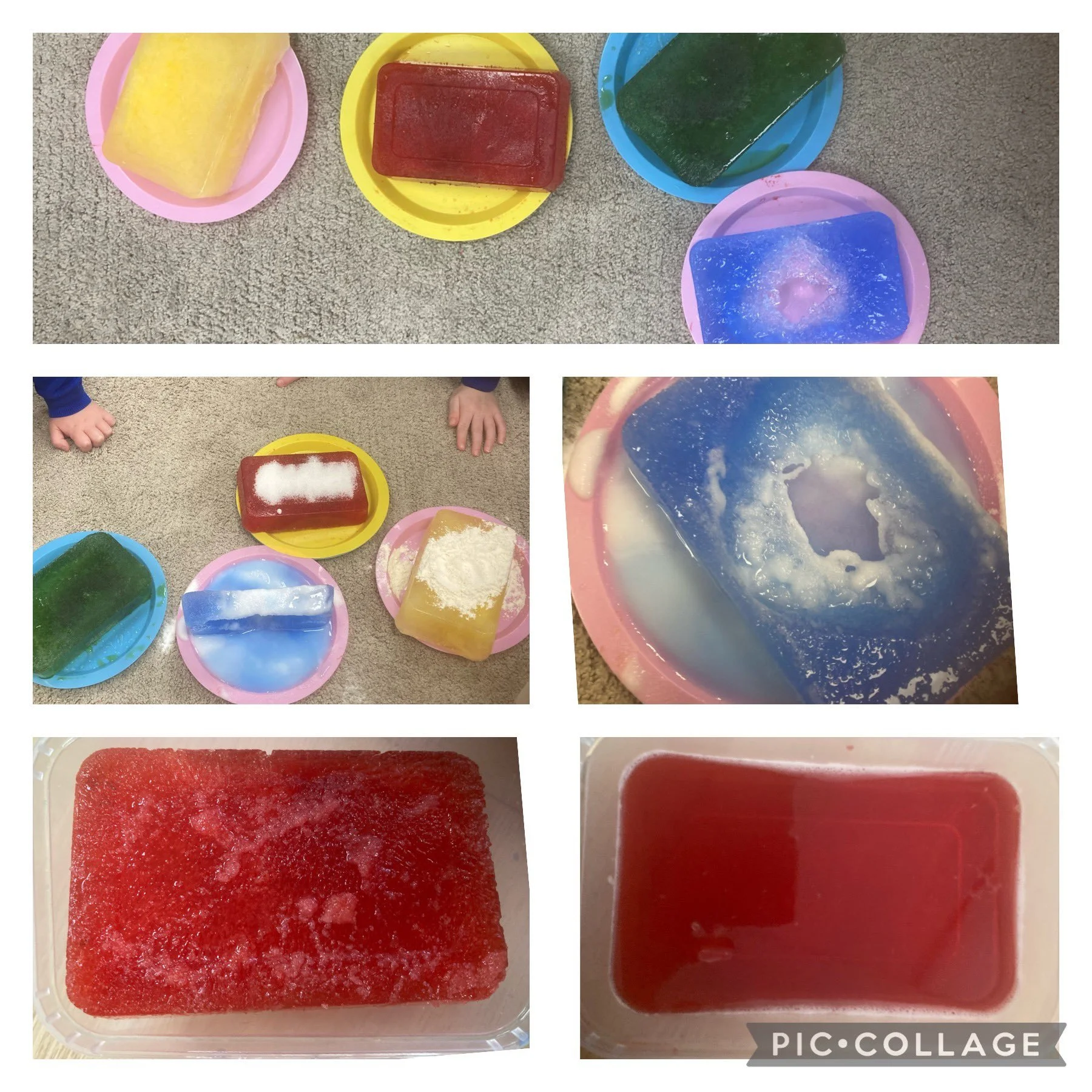Science
At Riverside Primary School, we provide an engaging and inspiring curriculum that promotes our core value ‘Ancora Imparo’ - ‘I Am Still Learning’.
Based upon the needs of our children, families and the community, our curriculum aims to equip pupils in acquiring the scientific capital needed to flourish in education and beyond. We strive to achieve this through increasing pupils’ knowledge and understanding of our world, and with developing skills, knowledge and vocabulary associated with Science as a process of enquiry. It will develop the natural curiosity of the child. Pupils will leave Riverside Primary well prepared for the next stage of their education – enabling them to grow into active, responsible members of society.
Why we teach Science?
At Riverside we believe that the role of Science is to enable pupils to become lifelong learners, by understanding the world they live in, through investigation of that world. The teaching of science offers our pupils the ability to access a wealth of knowledge and information which will contribute to an overall understanding of how and why things work like they do.
¨ To develop scientific knowledge and conceptual understanding through questioning and enquiry
¨ To develop understanding of the nature, processes and methods of Science through different types of science enquiries that help them to answer scientific questions about the world around them;
¨ To develop the essential scientific enquiry skills to deepen their scientific knowledge.
¨ Use a range of methods to communicate their scientific information and present it in a systematic, scientific manner, including I.C.T., diagrams, graphs and charts to link with mathematics
¨ Develop an enthusiasm and enjoyment of scientific learning and discovery.
¨ To be equipped with the scientific knowledge required to understand the uses and implications of Science, today and for the future.
We will encourage curiosity and excitement with science celebrations. A big focus on vocabulary, understanding and knowing 'sticky facts' about the topic. There will be cross-curricular links and ways of including professionals from the outside world.
Statement of Implementation.
Teachers create a positive attitude to science learning within their classrooms developing and enhancing Science Capital within our school. Our whole school approach to the teaching and learning of science involves the following;
¨ Through our planning, we involve problem solving opportunities that allow children to find out for themselves. Children are encouraged to ask their own questions and be given opportunities to use their scientific skills and research to discover the answers. This curiosity is celebrated within the classroom.
¨ Planning involves teachers creating engaging lessons to aid understanding of conceptual knowledge. Teachers use precise questioning in class to test conceptual knowledge and skills, and assess children regularly to identify those children with gaps in learning.
¨ We build upon the learning and skill development of the previous years. As the children’s knowledge and understanding increases, and they become more proficient in selecting, using scientific equipment, collating and interpreting results, they become increasingly confident in their growing ability to come to conclusions based on real evidence.
¨ Working Scientifically skills are embedded into lessons to ensure these skills are being developed throughout the children’s school career and new vocabulary and challenging concepts are introduced through direct teaching. This is developed through the years, in-keeping with the topics.
¨ Teachers demonstrate how to use scientific equipment, and the various Working Scientifically skills in order to embed scientific understanding. Teachers find opportunities to develop children’s understanding of their surroundings by accessing outdoor learning and workshops with experts.
Statement of Impact.
Children, from SEND to high attainers, have developed a love of science and eagerness to observe and question the world. Science Capital is strong at Riverside. This has been inspired by imaginative science lessons, whole school science days and inspiration from the outside world.
They have learnt to communicate using appropriate scientific language and vocabulary. As they progress through the school they can use scientific investigations to learn about our world and increasingly use graphs and tables to show their results. They can make conclusions and discuss ways in which their experiments could be improved.
Our engagement with the local environment ensures that children learn through varied and first hand experiences of the world around them. Frequent, continuous and progressive learning outside the classroom is embedded throughout the science curriculum. Children learn the possibilities for careers in science, as a result of our community links and connection with national agencies such as the STEM association.
Teamwork has been fostered by performing experiments in groups and increasingly they have been encouraged to formulate and carry out their own investigations.
Science core principles and vision.
When we received an inspirational message, there was nothing else to do but create a music video for Dame Sarah Gilbert’s Barbie doll.
What happened next was unexpected. Watch the video and see our super scientists interview Dame Sarah Gilbert herself!
The scheme of work.
Science Progression and Curriculum Overview:
A presentation demonstrating the development of science throughout the 2021-2022 academic year..
An overview of when topic are taught throughout the year.
